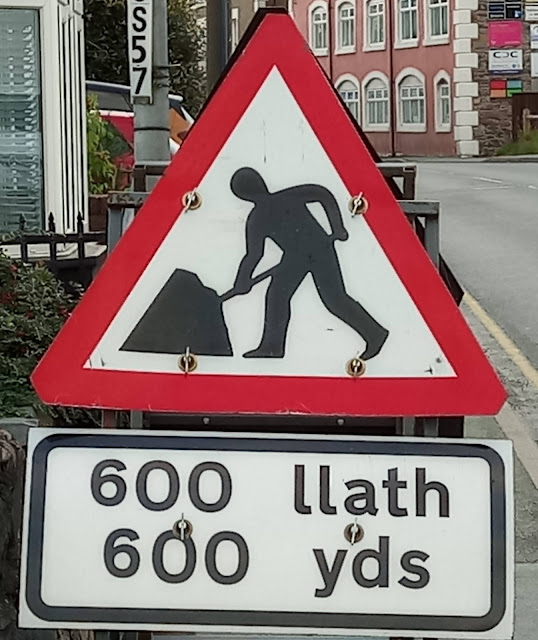The Children (Abolition of Defence of Reasonable Punishment) (Wales) Act 2020 gives children the same protection from assault as adults by removing an archaic 160-year-old legal defence.
The new law will apply to everybody in Wales, including visitors, from March 21, 2022. All types of physical punishment, such as smacking, hitting, slapping and shaking, will be illegal.
To help raise awareness of this landmark legislation, a nationwide multi-media advertising campaign – called The Sound of Change – will be launched tomorrow.
The £2.9m, over four years, will be available to all local authorities in Wales to fund positive parenting support.
It will mean that in cases where the police believe it is appropriate to offer an out-of-court disposal there will be an option of offering support to help avoid re-offending. This will, however, depend on individual circumstances.
Julie Morgan, Deputy Minister for Social Services, said: "This week marks the beginning of our six-month countdown as we move towards the day when children in Wales will have the legal right to be protected from all forms of violence, however minor.
"I have campaigned for many decades for this change in the law and I am very proud Wales will soon join more than 60 other nations across the world which have outlawed the use of physical punishment towards children.
"Absolutely key to this is providing the necessary information, advice and support for parents to help manage their children’s behaviour without resorting to physical punishment.
"Our campaign will signpost parents to support we’re already providing through our Parenting. Give it Time campaign, health visitors, and our family support programmes, including Flying Start and Families First.
"But we have gone a step further and I’m pleased to announce a new funding package for additional tailored parenting support as a rehabilitative alternative to prosecution in cases where the police are involved.
"This support, delivered by local authorities, will be designed to encourage and support parents in adopting positive parenting techniques while making it absolutely clear that the physical punishment of children is unacceptable in all circumstances."
Sally Holland, the Children’s Commissioner for Wales, added: "This is landmark legislation for children’s rights in Wales and cannot come soon enough. I wholeheartedly support this legislation as there is no room for physical punishment in Wales or the long-term trauma caused to children as a result of it."






